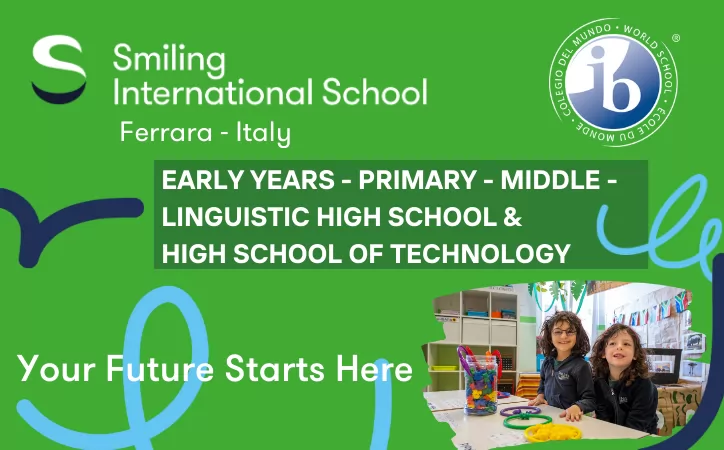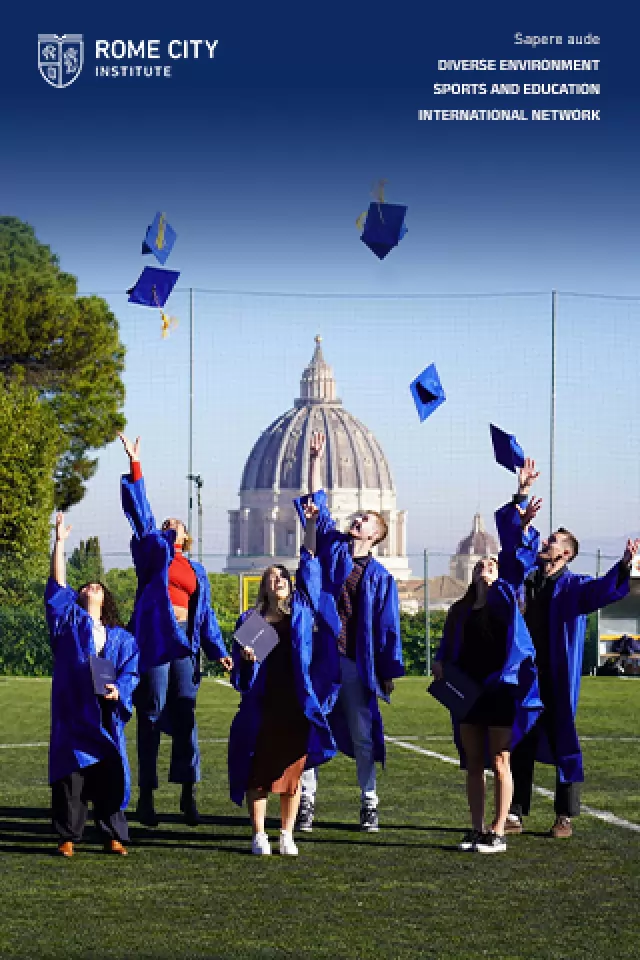Providing help and hope in Rome.
At night, Romes jobless immigrants and refugees sleep on strips of cardboard in public gardens, huddled in doorways, in carriages on railway sidings or, if lucky, on the back-seats of unlocked parked cars.
But where do they go during the day? Some groups in the city, such as Caritas, the Catholic relief organisation, offer them meals, others lodging; but the only place in all Rome that exists specifically to welcome them between dawn and dusk lies in a spacious crypt beneath the striped Episcopalian church of St Pauls within-the-Walls at the top of busy Via Nazionale.
In the mornings we give them hot tea and biscuits and then we distribute second-hand clothes, explained 29-year-old Akbatan Abdulla, a Kurdish political refugee from Iraq. But what so many want from us is pure information, about where the free canteens are, the showers and hostels. Abdulla is the first point of reference for those seeking shelter in the Joel Nafuma Refugee Centre, named after the Ugandan priest who first promoted the idea of a refuge after being rescued from the attentions of Idi Amin by the United Nations in the 1970s.
Though called a refugee centre, the St Pauls facility welcomes anybody in need of help in the city, including its many economic immigrants. The world today has more lost people than ever before, explains its introductory brochure. They face the challenge of surviving in an environment that barely recognises them as existing, they truly survive on the borderline of existence. They are the ones the centre is intended for.
An angry immigrant broke into the little entrance vestibule where this writer was standing. Abdulla quickly followed the intruder out and came back smiling. Its nothing! he said. He was in our big communal bathroom. Somebody was washing his feet and he objected to the stink. I told him to hold his nose!
Thats typical, he continued. Theyve nothing in the world. Theyre very stressed. The slightest thing can start them off. Eh! You cant sit here! Go over there! That sort of thing
Around 100-150 people come here a day, more than 200 when its very cold. They dont need stay permits to come here, only some form of identification. Today, theyre mainly from Romania, Moldavia and the Ukraine. There are Afghans as well, Algerians and Africans. Abdulla said nowadays there were very few Kurds like himself because the old political problems had gone.
That day most people in the heated crypt were watching a video of an American comedy; others were writing letters, playing chess or ping-pong or listening to their own CDs. Some were waiting for a 3-a-time barber to show up. There was also a tiny classroom set aside for little-frequented Italian and English courses. In their state, they have other matters to worry about, said Abdulla.
One immigrant wanting to talk was Costantine, a long-faced Romanian aged about 40. After Ceausescu I thought things would get better, but all we got was more and more corruption and starvation wages. I worked in a factory making outfits for skiers. The factory boss awarded himself 5,000 leu a month and gave me 100! I had my dreams then and came here for a better life.
In Rome, I worked as black labour on building sites. The same exploitation. The same rotten wages. I got fed up, he continued. Then three years ago I left and lost my passport as well. Ive no stay permit and every time I go out onto the street, Im afraid of being picked up by the police and expelled. But now Ive nowhere to go in Romania because I sold my house there to come here. It cost me $1,700 for a passport, visa and the journey. Thats Romania for you. I sleep in an abandoned house. I tried to get into a hostel run by the diocese of Rome, but they dont help you unless youre over 50, he concluded.
Leonardo Pereira da Silvia, on the other hand, is a gently-spoken African who escaped from Angola in 1993 to then be granted political asylum in Italy. Later, faced with expulsion when his stay permit expired he fought it out before the TAR (regional administrative tribunal) of Lazio and in 1995 actually won his case. He told how he had found a post as sacristan at one of Romes ancient churches. But four years ago he left it of his own accord because of what he called a hostile atmosphere in the church and prejudice against him because of his colour. I have my dignity, my clean hands and my faith, which I will never abandon, he said. He has been workless since.
They feel protected on these premises, explained Father Michael Vono, the rector of St Pauls. The police cant come here and take people out. Were under the control of nobody. Were independent. We get nothing from either state or city. The Vatican gives sums only for our political refugees; the European Episcopalian Convention gives us an allocation to help with the running of the centre, which is kept alive through the dedication of volunteers, and so does the American church of S. Susanna. But most of the $30,000 we spend here comes from St Pauls itself.
And so were free to fulfil our mission, which is to be an open door with no strings attached for anybody seeking help and hope, he continued. We take in people other places wont have. Were here to show somebody cares, and when youve nothing that can mean everything, believe me.
That came home to me like a bomb the year they invaded Iraq. There was a boy sitting on the bench outside and he was sobbing. He cant have been more than 16. I put an arm around him and asked what was the matter. He dissolved into tears. Then he said hed just arrived in Italy and was afraid to sleep in the gardens with the others. I found him a place in a Jesuit hostel. It almost hurt you to feel the gratitude.
St Pauls within-the-Walls, Via Napoli 56, tel. 064883339, www.stpaulsrome.it
Joel Nafuma Refugee Centre open 08.30-16.30 Mon-Fri.

















